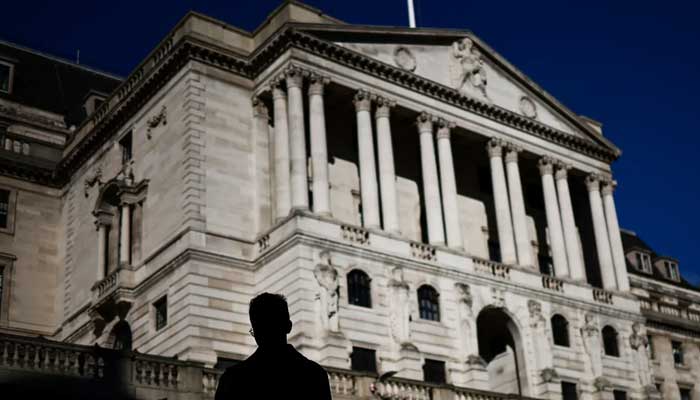[ad_1]
The Bank of England on Thursday said it was cutting its key interest further after UK inflation hit a three-year low and signaled more reductions, easing pressure on borrowers.
As widely expected, the BoE trimmed borrowing costs by 25 basis points to 4.75% at a regular policy meeting, its second cut since August.
The Federal Reserve is set to follow suit with US rates later in the day as inflation cools globally.
“We have been able to cut interest rates again” after UK annual inflation fell below the BoE’s target, the central bank’s governor Andrew Bailey said in a statement.
The Consumer Prices Index in Britain stands at 1.7%, the lowest level since 2021 and below the two-percent target.
“We need to make sure inflation stays close to target, so we can’t cut interest rates too quickly or by too much,” Bailey cautioned.
“But if the economy evolves as we expect it’s likely that interest rates will continue to fall gradually from here.”
Budget impact
The BoE said a maiden budget last week from Britain’s new Labour government, featuring tax rises and increased borrowing, would boost growth but also lift inflation.
“The UK budget means that interest rates will fall a bit slower,” Paul Dales, chief UK economist at Capital Economics, said following the latest rate decision and accompanying statements from the BoE.
He forecast the central bank would also carry out fewer cuts next year than had been expected ahead of the tax and spend plans unveiled by the new government led by Prime Minister Keir Starmer.
The BoE’s cautionary tone Thursday about cutting too fast and by too much boosted the British pound.
Major central banks started this year to cut interest rates that had been hiked in efforts to tame inflation, which had soared following the end of COVID lockdowns and Russia’s invasion of Ukraine.
Sweden’s central bank slashed borrowing costs by 0.5 basis points Thursday — its fourth this year and biggest reduction in a decade — while Norway made no change.
Work with Trump team
The Fed is later expected to trim by 25 basis points in a decision unlikely to have been influenced by Donald Trump’s return to power, according to analysts.
Bailey told a press conference that he and his team “look forward to working with the new US administration”.
He added: “We work very closely with US administrations because it’s obviously the right thing to do.”
Trump is expected to kick off his second spell as president of the world’s biggest economy by announcing tax cuts and import tariffs.
In August, the BoE reduced it key rate for the first time since early 2020, from a 16-year high of 5.25% as UK inflation returned to normal levels.
But it decided against a second reduction in a row in September. There was no October meeting.
The BoE hiked borrowing costs 14 times between late 2021 — when they stood at a record-low 0.1% — and the second half of last year.
[ad_2]
Source link



